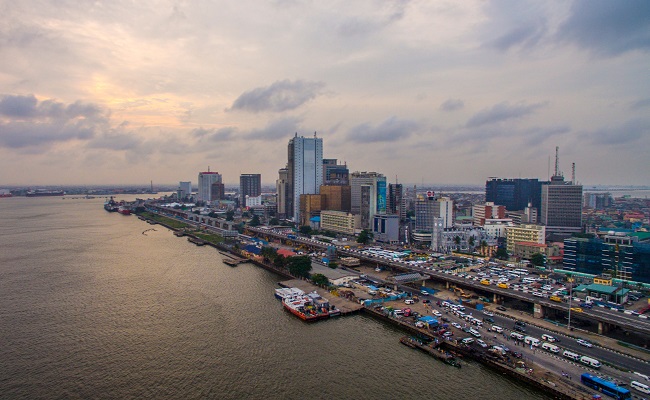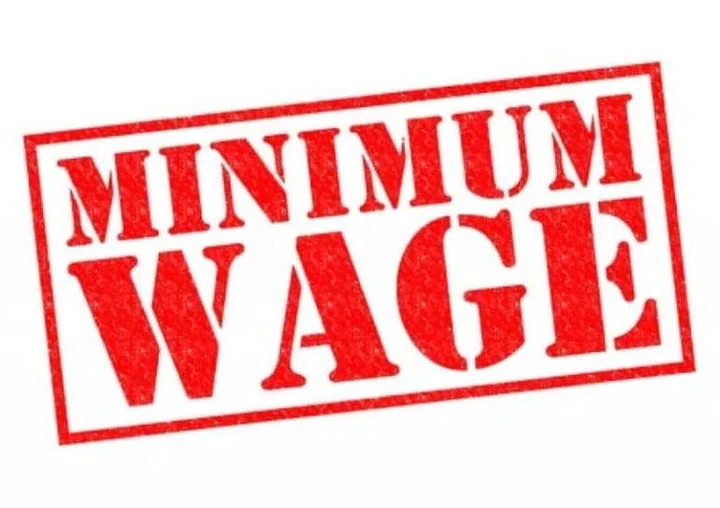IMF Forecasts 26% Inflation Drop, 3.3% Economic Growth in 2024

IMF Expect 26% Inflation Drop, 3.3% Economic Growth in 2024
Thank you for reading this post, don’t forget to subscribe!
During the ongoing Spring meetings jointly organized by the International Monetary Fund (IMF) and the World Bank, Daniel Leigh, IMF Division Chief, shared forecasts indicating that tightening measures implemented by the Central Bank of Nigeria (CBN) and other regulatory regimes are expected to mitigate inflationary pressures in the country.
According to the IMF’s projections, inflation is anticipated to decrease to 26 percent within the current year, further declining to 23 percent next year, and ultimately reaching 18 percent by 2026.
Leigh commended both monetary and fiscal policy directions in Nigeria, expressing satisfaction with the current trajectory. As a result, Nigeria’s economic growth is forecasted to increase from 2.9% in the previous year to 3.3% in 2024.
The CBN recently adopted a bullish stance in March, raising the Monetary Policy Rate (MPR) by 200 basis points to 24.75 percent, marking a significant increase within a month. Additionally, adjustments were made to the asymmetric corridor around the MPR to +100/-300 basis points, indicating the CBN’s strong commitment to addressing inflation and exchange rate fluctuations.
While maintaining the Cash Reserve Ratio of Deposit Money Banks at 45 percent, the CBN adjusted the Cash Reserve Ratio of Merchant Banks from 10 percent to 14 percent and left the Liquidity Ratio unchanged at 30.0 percent.
Despite these rate adjustments, headline inflation continued to rise, reaching 33.20 percent in March compared to 31.70 percent in February 2024, as reported by the National Bureau of Statistics.
Addressing concerns about rising inflation, Leigh attributed it to the pass-through effects of ongoing economic reforms and exchange rate fluctuations on inputs and consumer goods. He noted that the IMF revised its inflation projection for the current year to 26%, anticipating a decrease to 23% next year and further to 18% by 2026.
Regarding economic growth, Leigh highlighted an expansion in the oil sector recovery, improved security situations, and enhanced agriculture. Nigeria’s economy is expected to benefit from favorable weather conditions and the introduction of dry-season farming, leading to broad-based growth across various sectors including finance, information technology, and more.





